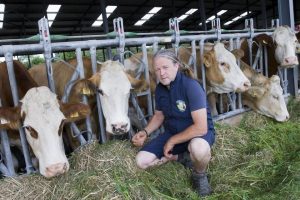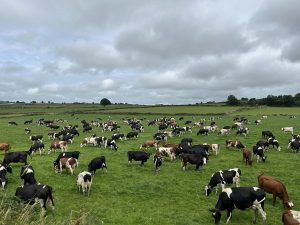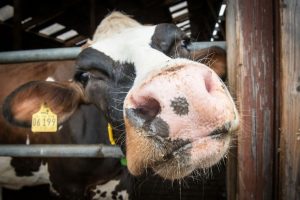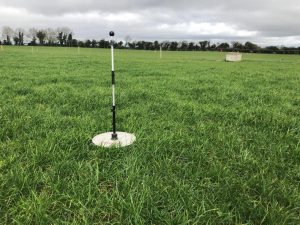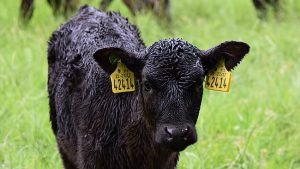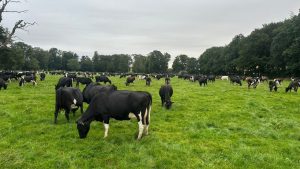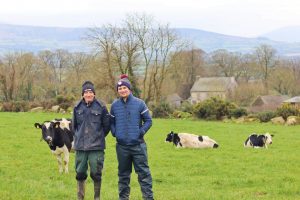
People need to realise that reductions in emissions are now legally binding and must happen.
It is vital that working people and small farmers realise if any one sector does not do its part, then some other sector will be forced to pay the price and shoulder the extra burden.
The agricultural sector has the lowest target by far in proportion to its level of emissions, but agriculture, as a whole, is not the problem.
Emissions reduction debate
A dairy herd of 1.65 million cows and growing is the main culprit. The dairy herd has expanded yearly for the past eleven years, by approximately 600,000 cows since 2014.
As of April 2022, there were 37,000 extra dairy cows in Ireland since April 2021. The obvious solution one would think would be to reduce the dairy herd to 2011 levels as we were meeting our targets then.
But this does not suit the big dairy farmers with up to and over 1000 cows.
Let us be very clear with the public, that if reductions are not made on big meat & dairy producers & agri-food corporations, then harsh measures will be forced on vulnerable small farmers & working families.
Farm organisations and many politicians are selling the message that a 30% reduction in agriculture would decimate rural Ireland; this is totally false.
Suckler farmers will be forced out of business because of rising costs and little or no support.
New lower stocking rates
A new scorecard system first introduced in the Wild Atlantic Nature Project, will form part of the Acres Scheme. It will bring a new lower stocking rate as part of the Peatlands Strategy.
This will come into effect after the land is scored in 2023 and will see huge reductions in sheep numbers on some hills.
Small to medium-sized dairy farmers will also face reductions. Dedicated farmers, some farming small and medium-sized dairy farms all their lives, are now being blamed for the greed of a minority.
Instead of cutting large herds farming organisations will prove once again who they represent by demanding that reductions take place on a percentage basis across the board to lessen the cut on bigger herds.
90,000 small to medium farmers from all sectors will be targeted here.
Reduce suckler numbers
My understanding is that it was proposed to the CCAC Climate Change Advisory Council, then chaired by Professor John Fitzgerald, a massive reduction in suckler cow numbers in favour of dairy.
Ireland’s forestry sector is now a carbon emitter rather than a carbon store, thanks to this policy.
I believe that the truth is 90,000 small to medium-sized farmers have not got one party politician from three main political parties nor one Independent TD to come out and state that we cannot sacrifice the vast majority of the farming community for the greed of a tiny minority of highly profitable big producers and corporations.
The general public also needs to be aware that should the corporate meat & dairy sector fails to play its part, then every household will have to do more to meet these targets at an estimated cost of €5,000 per house per year.
It will mean reductions of all other animals and more monoculture forestry.
Equality
Equality must be brought back into Irish agriculture. One core principle of the Rural Ireland Organisation is that the land of Ireland must feed the people of Ireland. We need a radically new food production system for this country.
One that is not driven by the profit interests of a few big players but one that is democratically controlled, driven by social need and where every farmer is treated fairly.
We are calling on farmers and workers to stand up and fight for the right to farm in a sustainable manner.
Join the Rural Ireland Organisation in taking on the big vested interests destroying rural villages and communities.




